Tretinoin For Acne: 3 Proven Benefits For Clearer Skin
Unveil the power of tretinoin in acne care, exploring its benefits and side effects
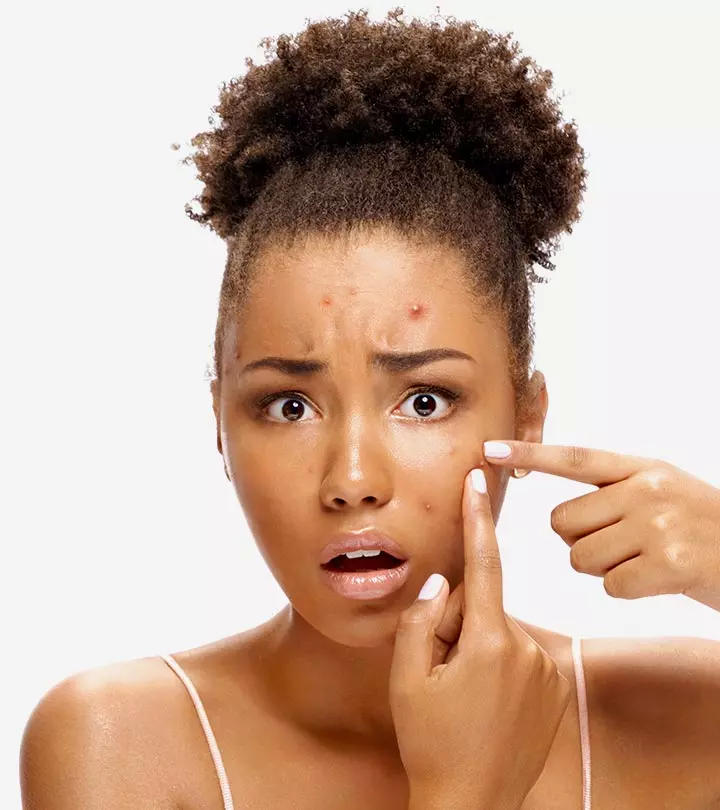
Image: Shutterstock
Using tretinoin for acne treatment is quite common. This topical medication is used to decrease the severity of acne and aid quick healing. Many skin care products claim to possess ingredients useful in treating acne. But, unfortunately, many of these compounds have no scientific evidence to back their claims. This is where tretinoin comes in.

Tretinoin is one of the few ingredients that are scientifically proven to treat acne. As a skin care ingredient, it has various advantages, including the potential to treat acne outbreaks and enhance skin texture. This post will look at how tretinoin can help treat acne and how long it takes to see improvements. Keep scrolling to know more!
In This Article
How Does Tretinoin Work For Treating Acne?
Dermatologists very frequently prescribe Vitamin A-based treatments for acne. However, Vitamin A is only an umbrella term for many forms of a substance known as a retinoid. Derivatives of Vitamin A include tazarotene, retinaldehyde, retinol, and tretinoin. All of these derivatives are distinctly different compounds. They have different chemical and molecular structures and use different processes to bind with the cells in the body. Hence, the impact and side effects of each of these derivatives are significantly different (1).
Retinoids like tretinoin primarily work on improving the skin cell turnover rate. The skin cell turnover rate is the rate at which new skin cells replace dead skin cells. As the substance causes the dead skin cells to be removed from the top of your skin, new skin cells rise to the surface. When the dead skin cells clogging the pores of your skin get replaced, your skin pores open up. This process also helps clear out the acne-causing bacteria (that lay deep beneath your skin) and irritants (that cause acne) that could be trapped in your skin pores (1).
The blogger shared her experience of tretinoin therapy and the weekly updates in the blog. Tretinoin was her last resort after battling for 4 years with acne. She used doctor-prescribed 0.025% tretinoin cream in her night routine. Even though it initially flared the breakouts, by the fifth week, she wrote, “This week I have definitely seen an improvement. I probably had just 2 new small pimples this week, which is a huge difference from before using Tretinoin (i).”
 Did You Know?
Did You Know?This way, tretinoin proves to be an effective acne treatment. However, it is not available in its virgin form to apply directly to your skin. You can instead use several products containing tretinoin for your acne treatment.
Key Takeaways
- Tretinoin, a commonly used ingredient in anti-acne products, is a vitamin A derivative that removes dead skin cells from the surface of the skin.
- It also helps remove irritants and bacteria that could be trapped in the pores of your skin.
- Creams and gels containing tretinoin are scientifically proven to reduce acne scarring and minimize fine lines.
How To Use Tretinoin To Reduce Acne And Improve Your Skin
Tretinoin is a popular ingredient in several anti-acne products. Though these products may have similar characteristics, the methods of application and the time of treatment may differ. Tretinoin, in its virgin form, is a potent substance. In over-the-counter medications, tretinoin is available only in minute concentrations. Higher concentrations warrant a doctor’s prescription.
Here are the most common forms one may use tretinoin in for treating acne.
1. Cream
Tretinoin cream is perhaps the most popular form of tretinoin for treating acne. Keep the following points in mind before using the cream.
- Make sure your face is clean. Wash your face with a light face wash or cleanser. You can also use water mixed with mild soap or a facial cleanser.
- After washing, pat your skin with a dry towel.
- Make sure you do not rub the towel on your skin. Be gentle. A rough motion may hurt your skin.
- Ensure your skin is dry before applying the tretinoin cream. Wait for at least 20 minutes after you have washed and dried your face. Applying tretinoin to damp skin may cause skin irritation.
Take no more than a pea-sized amount of the tretinoin cream and gently apply it to your breakouts. You can choose to rub the cream lightly over the breakouts or leave it as it is.
2. Gel
Tretinoin is also available as a gel. A tretinoin gel will typically have a lower concentration of the substance. It is readily available over the counter. You can apply the gel in a similar way as the cream.
3. Solution
Tretinoin is available in higher concentrations (up to 0.1%) in the solution form. When applying a tretinoin solution, it is vital to ensure your hands are clean and your face is dry. Take no more than a few drops of the solution on a cotton swab or gauze. Apply the solution locally to the affected areas on your face.
 Pro Tip
Pro TipLet us now look at the advantages tretinoin has for treating acne.
Benefits Of Tretinoin For Acne
1. Scientifically Certified
One of the essential advantages of using tretinoin for acne is that it is scientifically approved for the purpose. Several studies have reinforced this advantage over different types of populations. In a study, participants were given two solutions for their faces a tretinoin gel and a simple, non-therapeutic gel. Over a period of 12 weeks, the acne concentration in the group that used tretinoin reduced significantly compared to the other group (3). In another study, a group that applied a combination of tretinoin cream and clindamycin 1% gel saw their acne reduced (4).
A 2019 study published in the Journal of Clinical and Aesthetic Dermatology analyzed data from 154 preadolescent (≤13 years) and 575 adolescent (14–17 years) subjects with acne. The research evaluated the safety and efficacy of tretinoin 0.05% lotion used daily for 12 weeks. Findings showed significant effectiveness in reducing inflammatory and noninflammatory lesions, with mean percent reductions of 49.5% and 44.0% in preadolescents and 50.5% and 41.2% in adolescents.
2. Impact On Wrinkles
All types of eye and face creams contain tretinoin, especially those that claim anti-aging benefits. Tretinoin has a perceivable effect on skin wrinkles (1). Tretinoin is a retinoid and has significant anti-inflammatory properties (5).
3. Impact On Scarring
Since tretinoin works by improving your skin’s cell turnover rate, it may help reduce scarring by encouraging the growth of new skin layers. If you ever undergo a skin peel treatment that targets scars on your face, you can use tretinoin beforehand to prepare your skin (6).
It is hence evident that tretinoin has several benefits for your skin. However, potent substances like tretinoin are best used with care. In the next section, we shall look at the warnings and precautions you need to keep in mind before using tretinoin.
Tretinoin Warnings And Precautions
As with most skin treatments, tretinoin also has several warnings and precautions associated with it. Here is what you must remember before using tretinoin for acne (7).
- You must always consult a dermatologist before using tretinoin for acne treatment. Inform your doctor of any allergies you may have, especially those to Vitamin A or its derivatives (such as isotretinoin).
- If you have a history of eczema, consult with your doctor on the type of tretinoin solution you can use.
- Certain patients who used tretinoin cream had observed an increase of melanocytes and keratinocytes, and increased dermal elastosis (increased deposition of elastin, a skin protein). One may experience skin irritation too. You can clarify the same with your doctor.
- If you are taking photosensitizers (e.g., thiazides, tetracyclines, fluoroquinolones, phenothiazines, sulfonamides), you should not apply tretinoin as it may otherwise aggravate phototoxicity.
- When using tretinoin for acne treatment, limit your outdoor time and stay away from sunlamps and tanning beds. Tretinoin is known to increase one’s susceptibility to sun damage. Always step out with sunscreen and protective clothing. Do not use tretinoin if you have a sunburn.
- You must keep tretinoin out of your eyes, mouth, angles of the nose, and mucous membranes. In case you experience significant irritation on the skin, consult your doctor to reduce the dosage or discontinue usage.
- Using excess tretinoin solution does not lead to faster results. Stick to the prescribed dosage.
In the following section, we look at certain side effects tretinoin may cause.
Tretinoin Side Effects
A significant proportion of acne treatments have side effects. The range of these side effects can vary from mild to severe, depending on the primary ingredients in these treatments. Let us take a quick look at the side effects of tretinoin for acne (7).
- Several products have significant interactions with tretinoin. Using these products alongside or within a few hours of applying topical tretinoin cream or gel may cause irritation, redness, and peeling. Here is a list of such products:
- Concomitant topical creams
- Medicated or abrasive soaps
- Shampoos
- Benzoyl peroxide
- Cleansers
- Cosmetics with a strong drying effect
- Products with high concentrations of alcohol
- Astringents
- Permanent wave solutions
- Electrolysis
- Hair depilatories or waxes
- The safety of the use of tretinoin in patients younger than the age of 18 has not been established.
- Oral and dermal tretinoin can be teratogenic and fetotoxic, respectively.
- Peeling, dry skin, burning, stinging, erythema, and pruritus are common but temporary side effects of using tretinoin as a topical skin treatment
- Using excess amounts of tretinoin for acne can cause marked redness, peeling, or discomfort.
Tretinoin helps combat wrinkles and improves cell turnover. But how is it different from retinol? Find out in the section below.
Difference Between Tretinoin And Retinol
Both tretinoin and retinol are retinoids that are commonly used in skin care products and topical creams. However, there are key differences between the two.
Retinol is widely found in over-the-counter skincare products. It is available in different concentrations and works slowly to treat the signs of aging. You may need to use retinol regularly for several weeks before seeing any visible improvements. Skin experts also recommend retinol for acne when the situation is mild. For severe acne, retinol is not suggested.
Tretinoin, on the other hand, is more concentrated than retinol and is available only through prescription. It not only helps reduce the signs of aging but also treats acne and photodamage.
The type of retinoid you use depends on your skin’s needs and your doctor’s recommendations. Hence, always consult a dermatologist before incorporating either product into your skincare regimen.
In A Nutshell
Tretinoin is a derivative of vitamin A used for the treatment of acne. Tretinoin exfoliates dead skin from the surface and unclogs your pores, allowing old cells to be replaced by new skin. Scientific evidence shows that tretinoin significantly reduces acne, wrinkles, and acne scars over time. Since tretinoin in its concentrated form can only be available on prescription, you can use tretinoin for acne as a cream, gel, or solution. However, exercise caution while applying tretinoin as it may cause redness, irritation, swelling, burning, or skin peeling.
Frequently Asked Questions
Should I use tretinoin every night?
You may use tretinoin every night, but it is recommended to follow the instructions prescribed by your skin care professional to avoid adverse effects.
Which is better benzoyl peroxide or tretinoin?
Research suggests that benzoyl peroxide and tretinoin have comparable effects on acne. However, it also suggests that benzoyl peroxide may have slightly better outcomes on papules (8).
Can I use Vitamin C with tretinoin?
Yes, you may use Vitamin C with tretinoin without risking adverse effects.
Do I need to wash tretinoin off in the morning?
Yes, tretinoin is light-sensitive, so it should only be applied at bedtime and washed off the next morning before the application of other products.
Is it OK to mix tretinoin with moisturizer?
Yes, it is in fact recommended to use tretinoin with compatible moisturizers to avoid dry and peeling skin.
Tretinoin is a highly effective solution for treating acne. Watch this video to learn how it can help you eliminate breakouts and achieve clear skin. Be sure to follow precautions and use it correctly.
Personal Experience: Source
StyleCraze's articles are interwoven with authentic personal narratives that provide depth and resonance to our content. Below are the sources of the personal accounts referenced in this article.
(i). Tretinoin Therapy for Acnehttps://tretinoinweeklyupdate.blogspot.com/2013/03/tretinoin-therapy-for-acne.html
References
Articles on StyleCraze are backed by verified information from peer-reviewed and academic research papers, reputed organizations, research institutions, and medical associations to ensure accuracy and relevance. Read our editorial policy to learn more.
- Retinoids in the treatment of skin aging: an overview of clinical efficacy and safety
https://www.ncbi.nlm.nih.gov/pmc/articles/PMC2699641/ - A global perspective on the epidemiology of acne
https://pubmed.ncbi.nlm.nih.gov/25597339/ - A combined analysis of 2 randomized clinical studies of tretinoin gel 0.05% for the treatment of acne
https://pubmed.ncbi.nlm.nih.gov/19363908/ - A comparative study to evaluate the efficacy and safety of combination topical preparations in acne vulgaris
https://www.ncbi.nlm.nih.gov/pmc/articles/PMC4456883/ - Why Topical Retinoids Are Mainstay of Therapy for Acne
https://www.ncbi.nlm.nih.gov/pmc/articles/PMC5574737/ - New treatment of atrophic acne scars by iontophoresis with estriol and tretinoin
https://pubmed.ncbi.nlm.nih.gov/7896490/ - RENOVA® (Tretinoin Cream) 0.02%
https://www.accessdata.fda.gov/drugsatfda_docs/label/2014/021108s015lbl.pdf - Comparative effectiveness of benzoyl peroxide and tretinoin in acne vulgaris
https://pubmed.ncbi.nlm.nih.gov/148436/
Read full bio of Dr. CP Thajudheen
Read full bio of Arshiya Syeda
Read full bio of Ramona Sinha
Read full bio of Swathi E







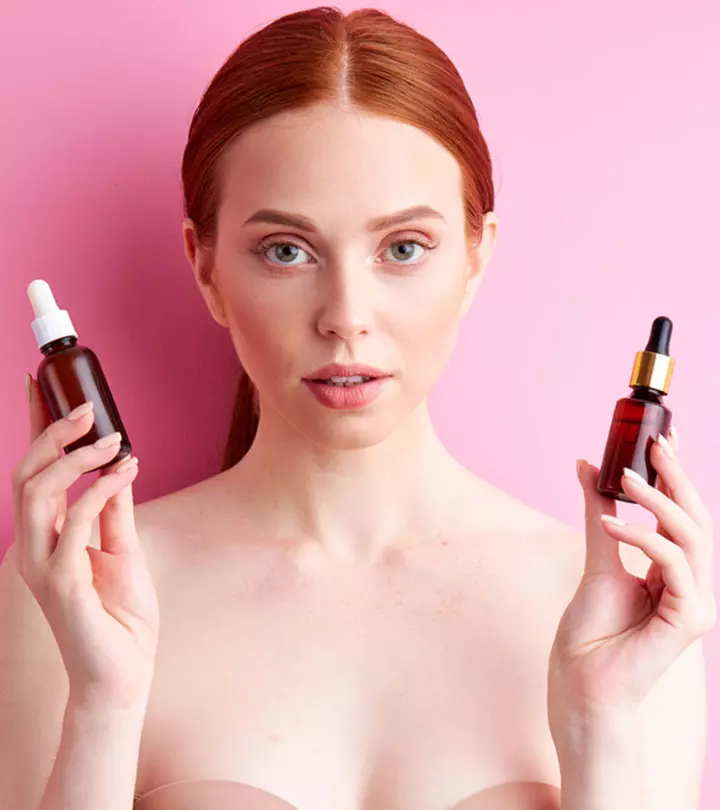

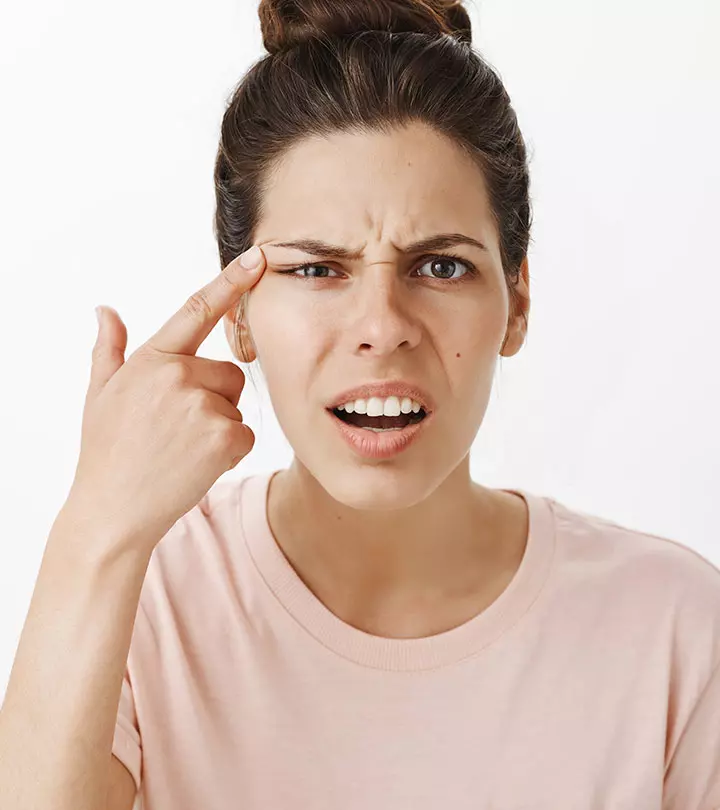
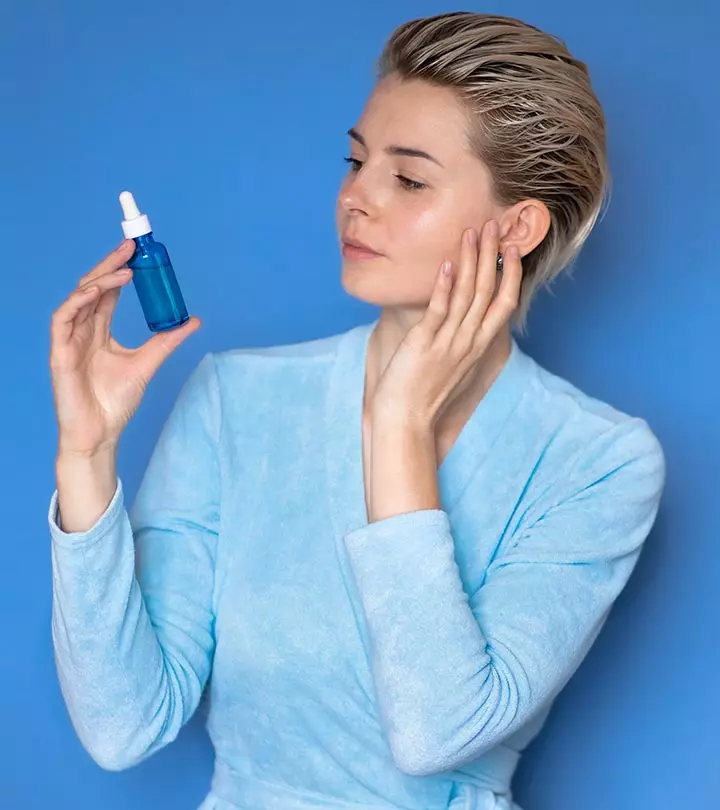
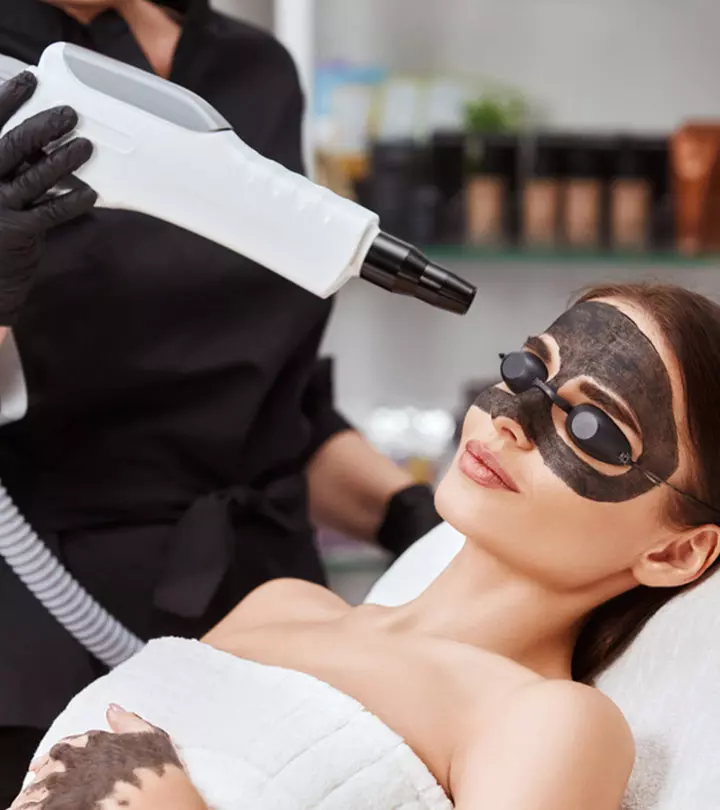
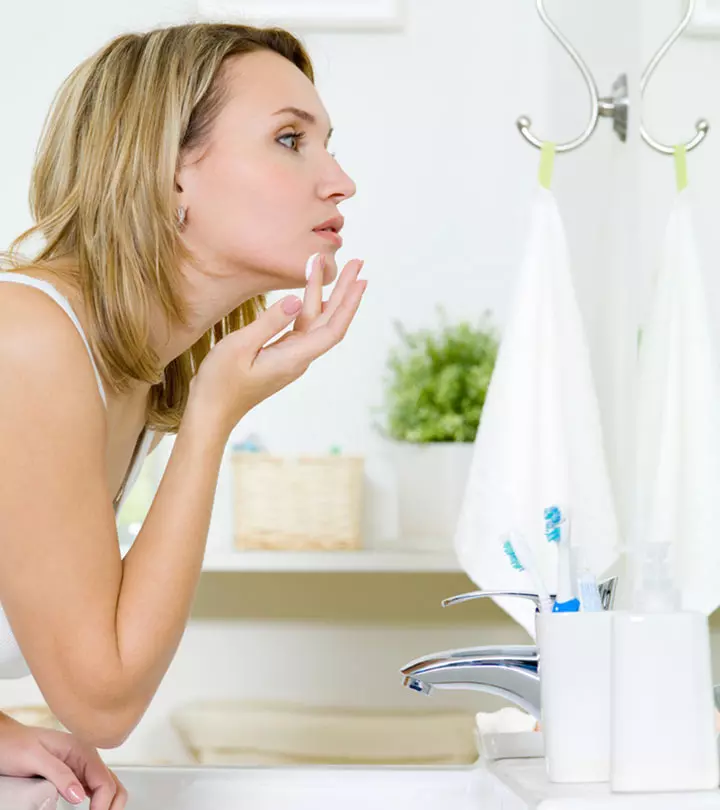
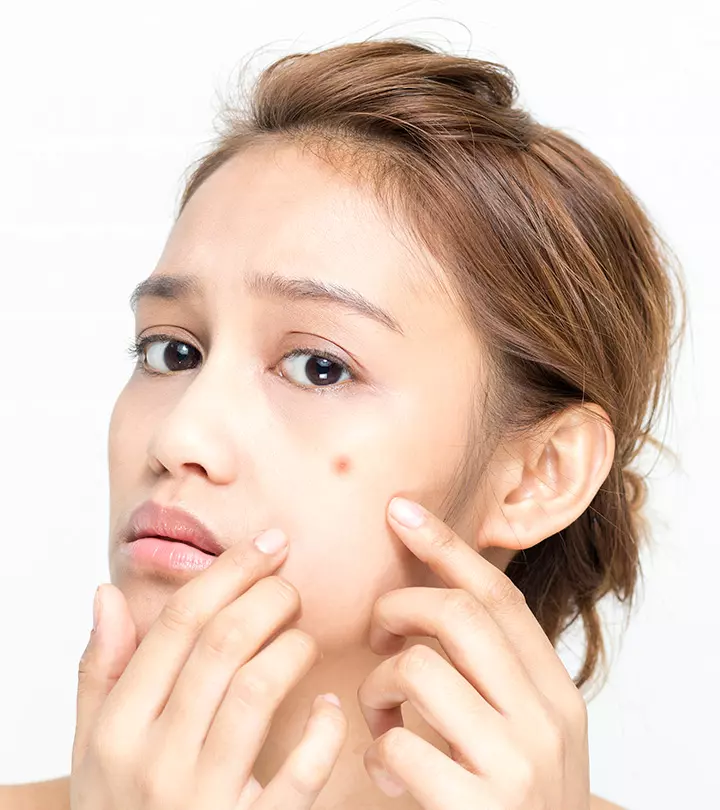
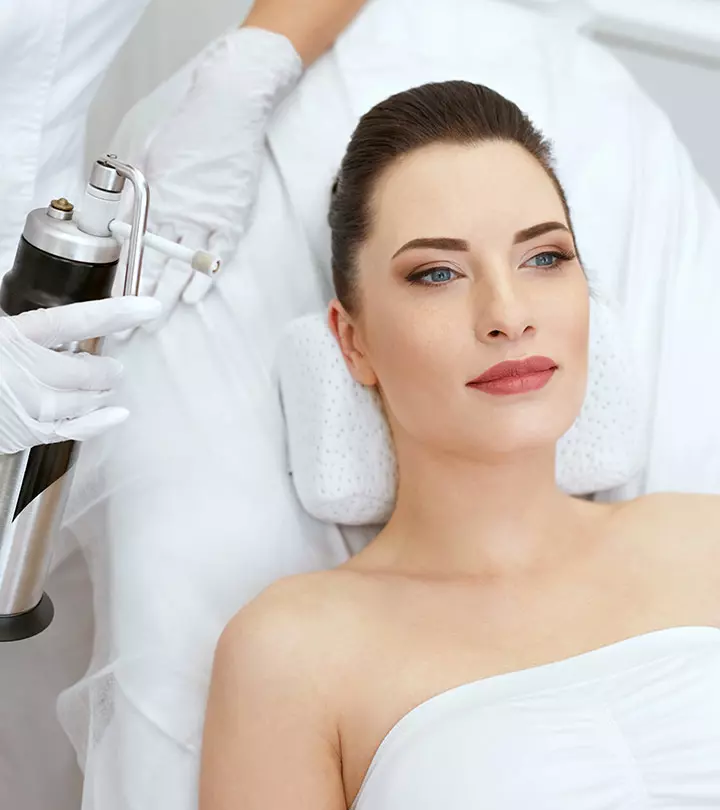
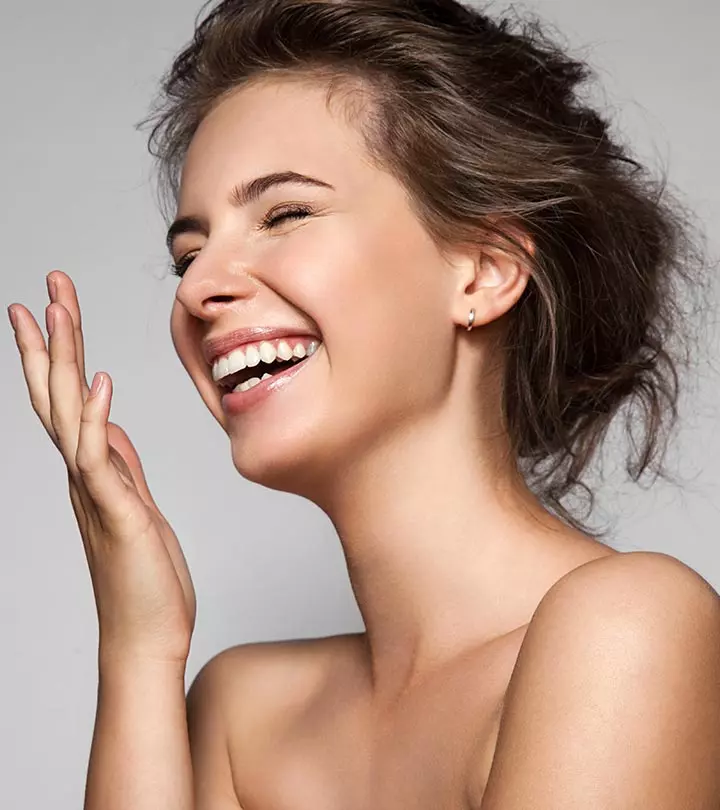
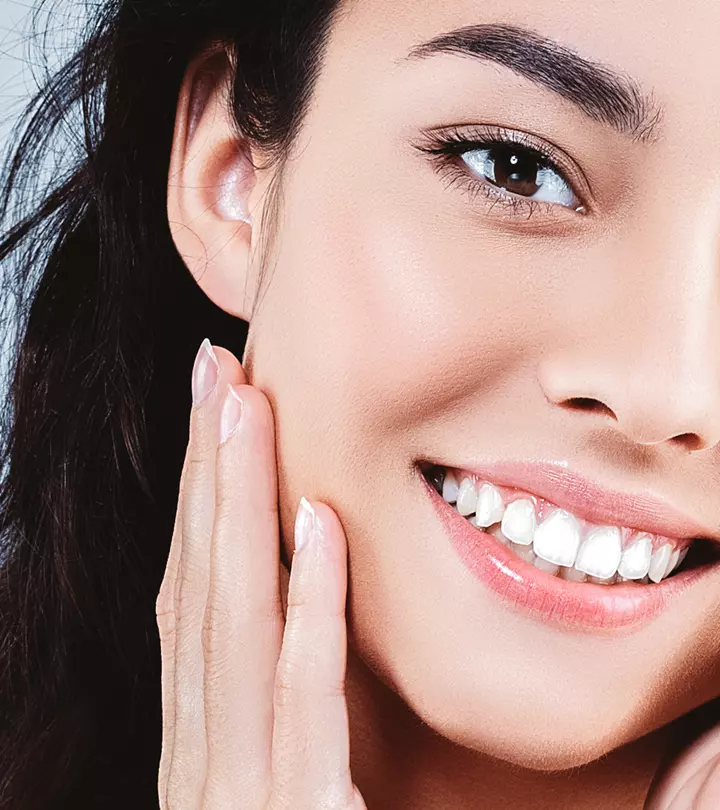
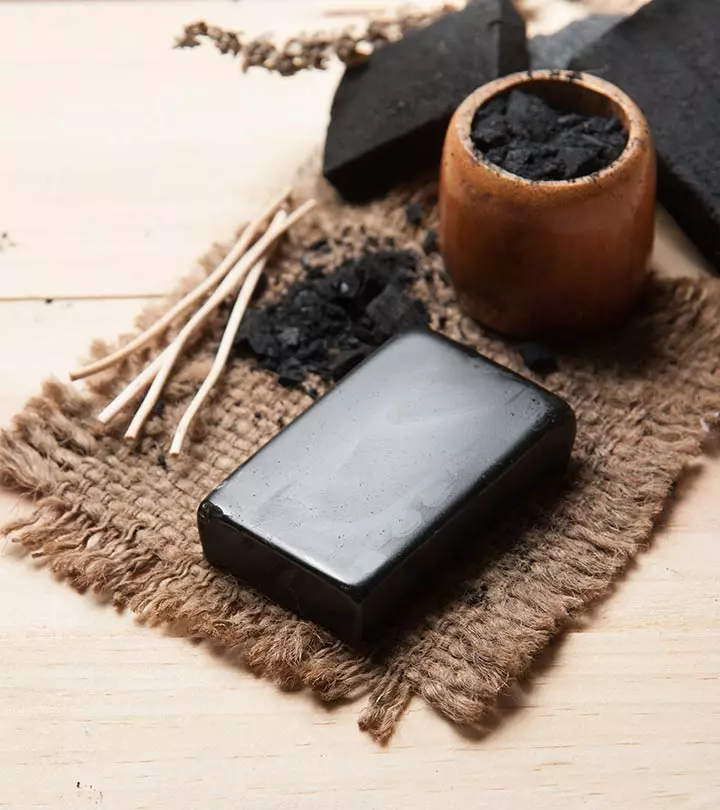
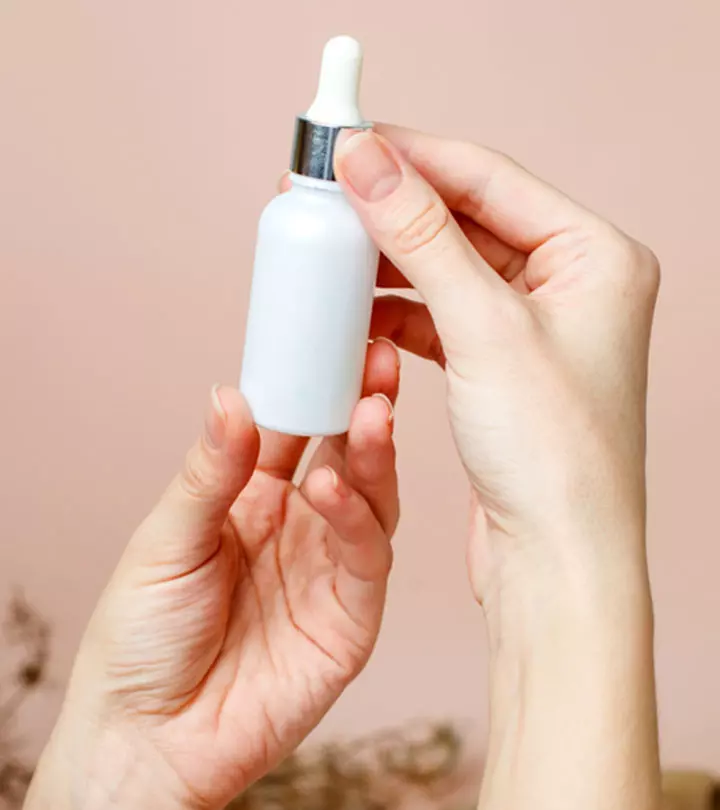
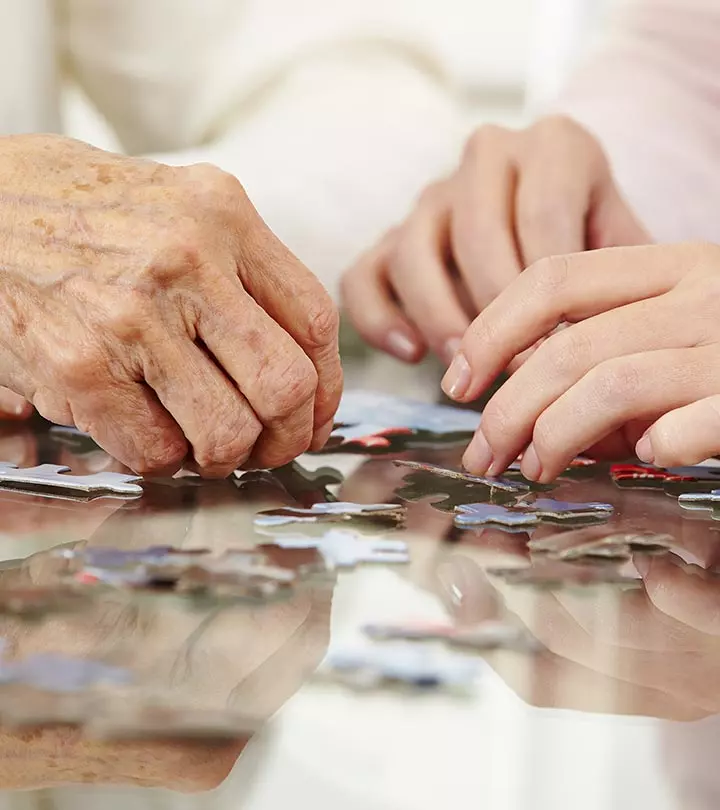
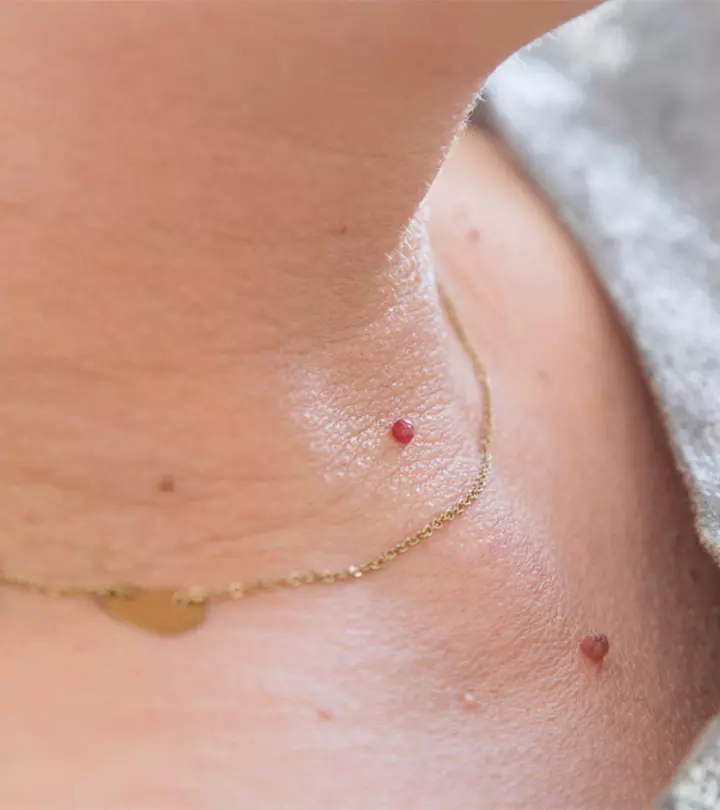
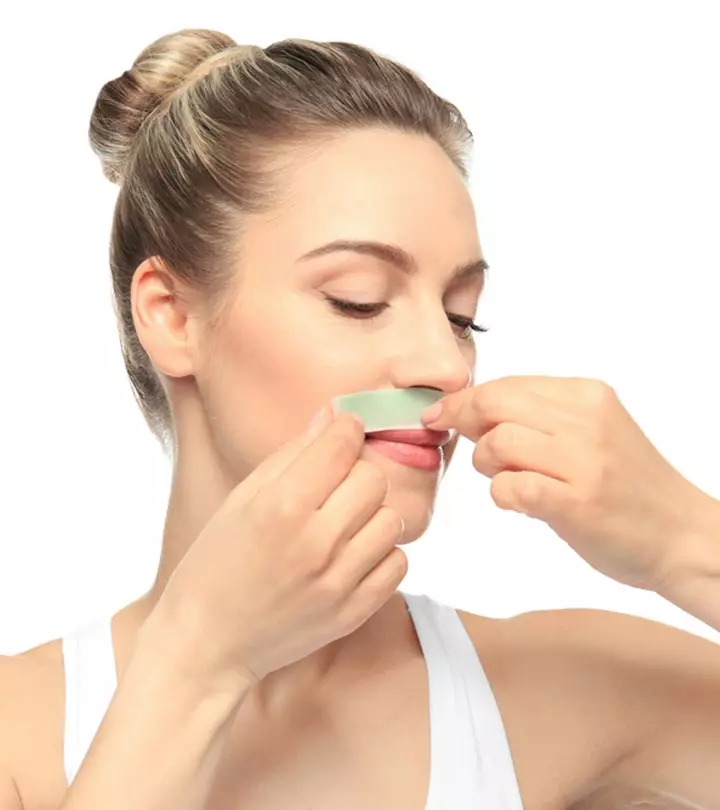
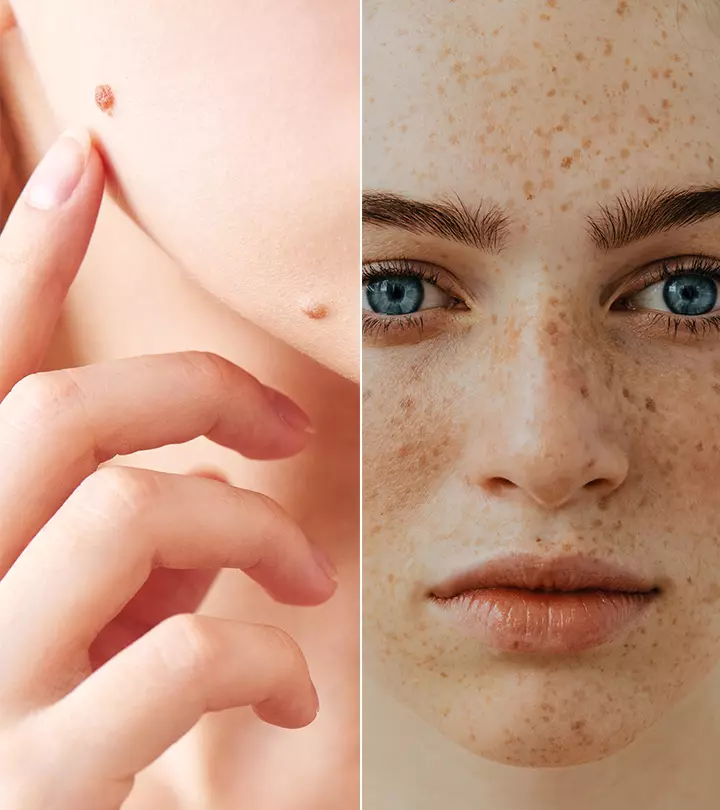
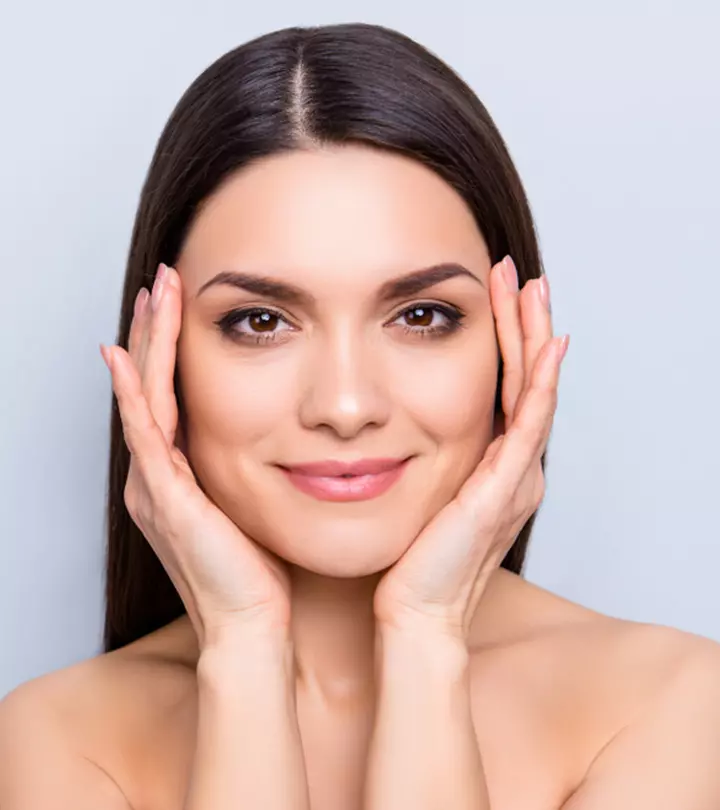
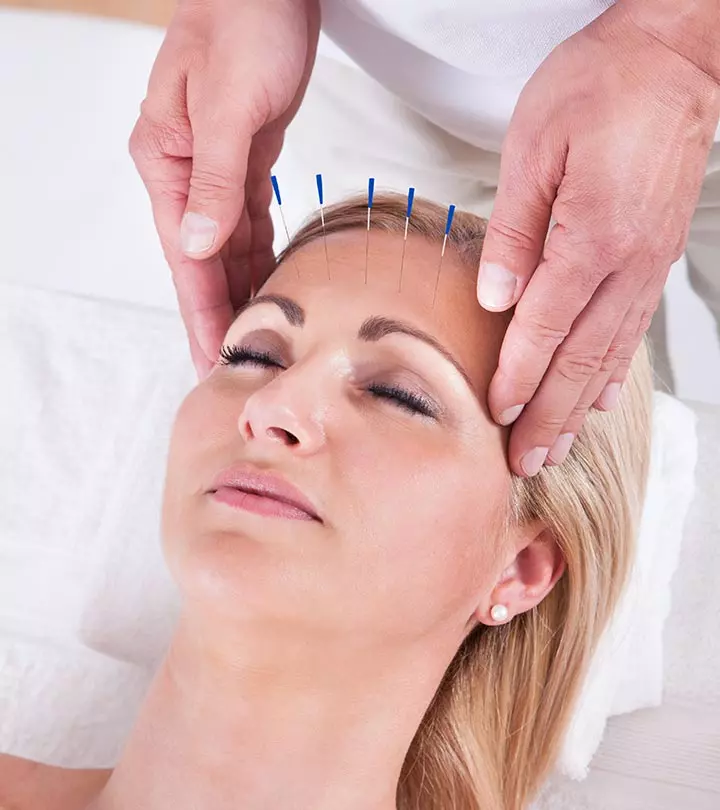
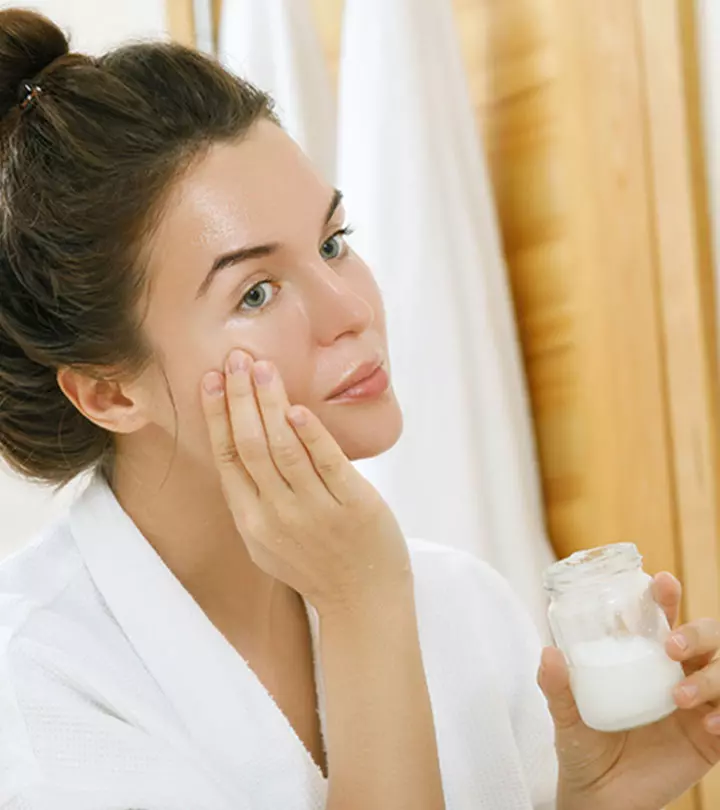
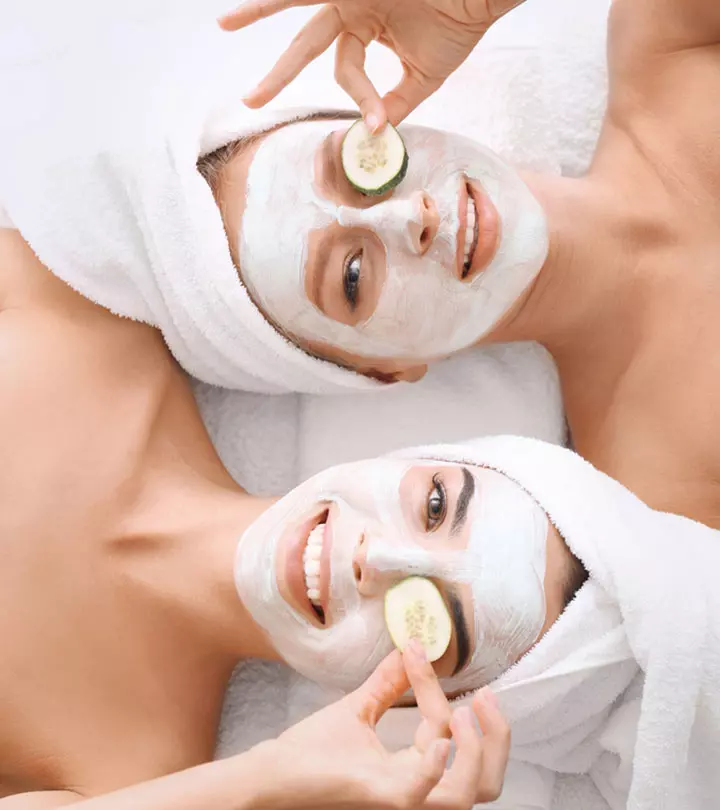
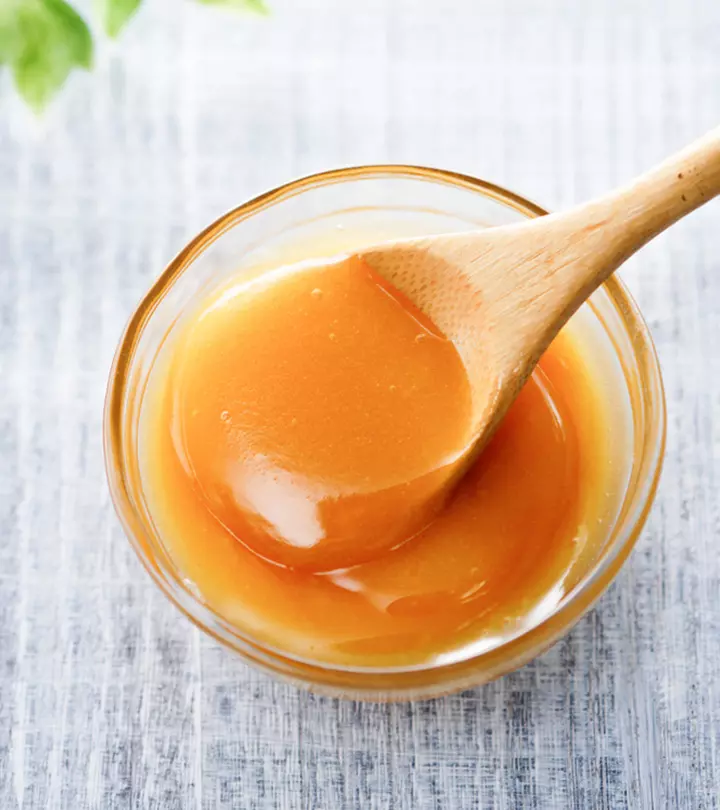
Community Experiences
Join the conversation and become a part of our empowering community! Share your stories, experiences, and insights to connect with other beauty, lifestyle, and health enthusiasts.